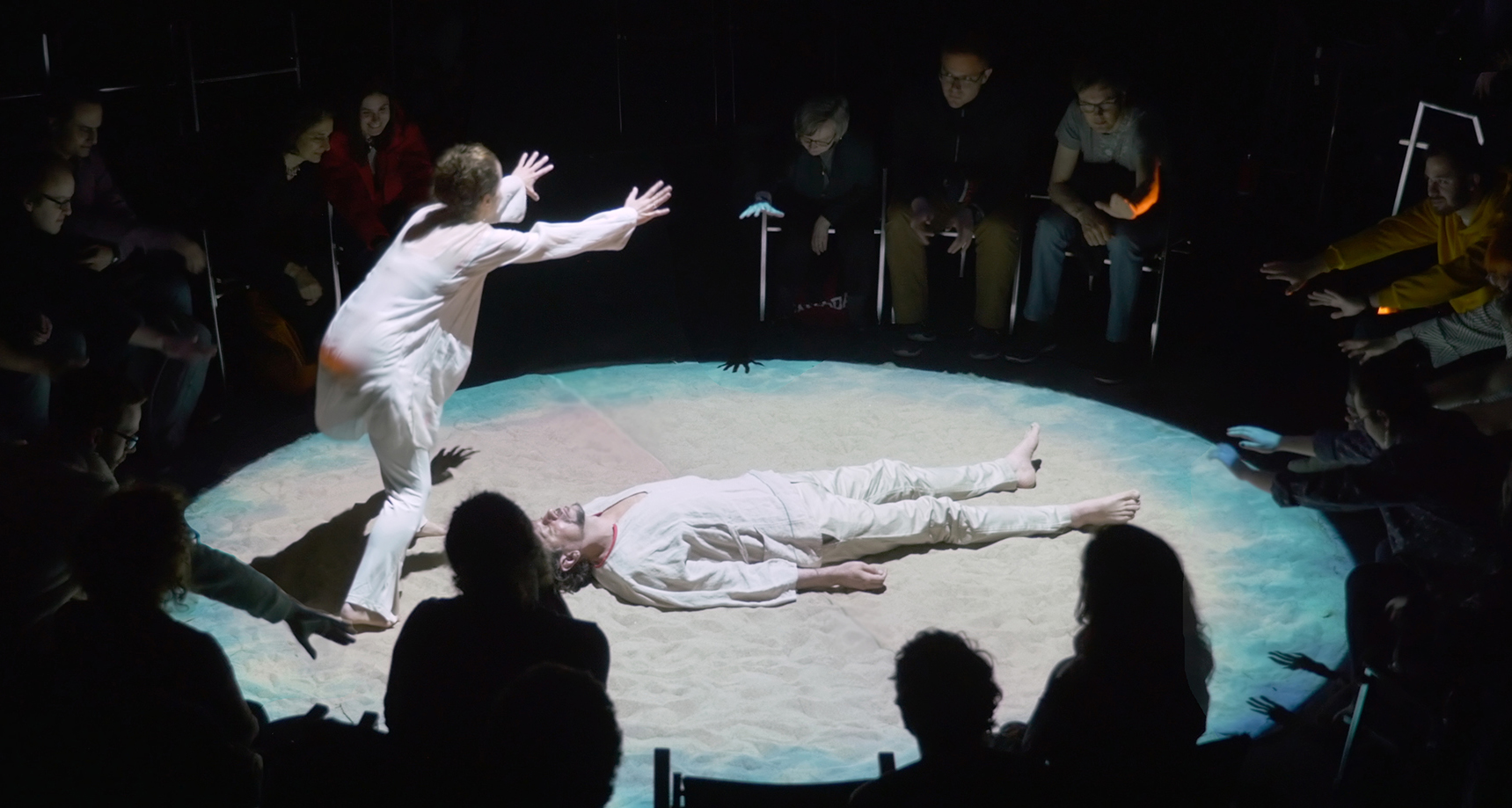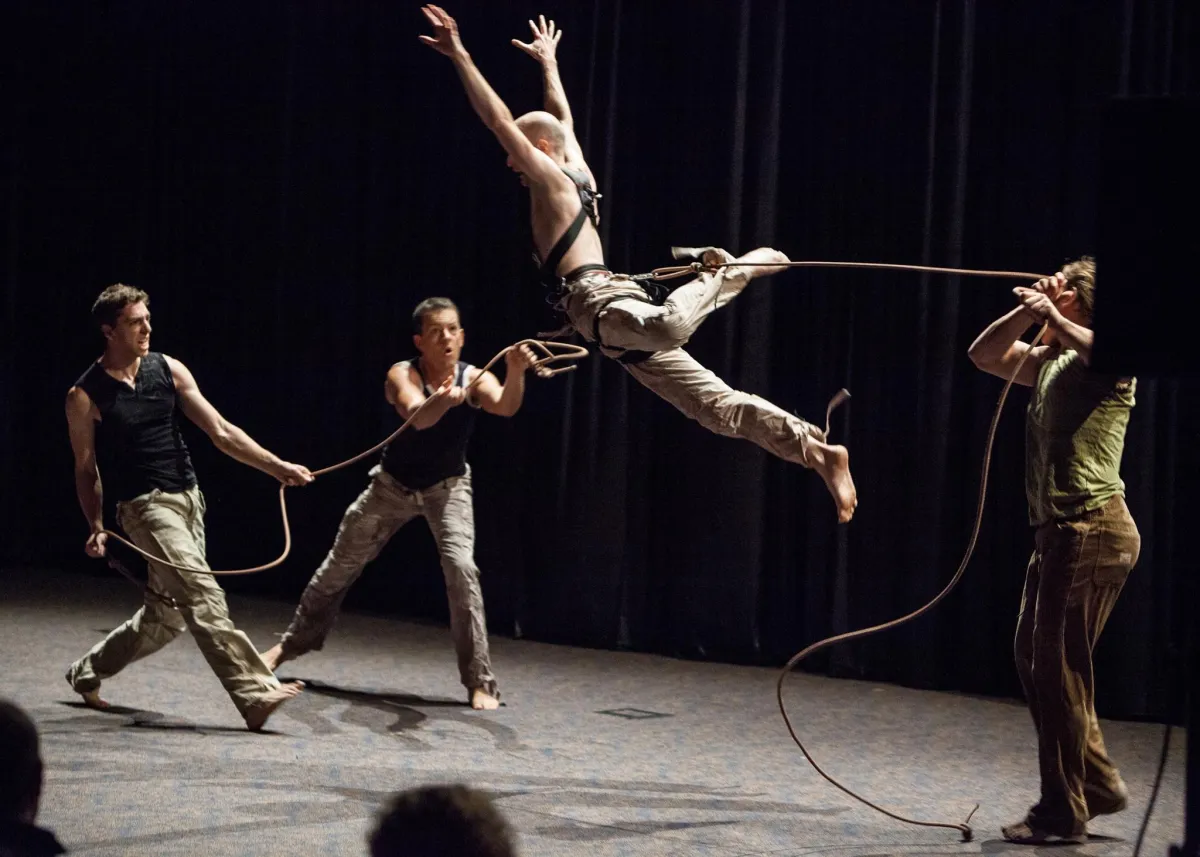In 2025, theatre is undergoing a quiet revolution through the integration of AI-augmented improvisation and script support. Rather than replacing actors, new tools like Scribble.ai, based on the concept of Theatrical Language Processing (TLP), are being developed to assist performers in generating unpredictable prompts and scenarios in real time. These AI tools offer scenario seeds, dialogue cues, or contextual twists mid-performance—pushing actors to react authentically, fueling creativity, and expanding the boundaries of live, unscripted theatre. Early user studies suggest that when actors engage with AI-produced prompts, they tap into novel narratives, stretch their interpretative skills, and sharpen their emotional responsiveness.
This fusion of human craft and machine assistance raises intriguing questions about creativity, authority, and authorship. On one hand, the AI acts as an unpredictable collaborator—augmenting spontaneity and avoiding stagnation. Actors report that unpredictable AI input invigorates performances, encouraging more risk and genuine discovery. On the other hand, some critics caution that overreliance on algorithmic prompts might constrain subtext or diminish subtle human nuance. The challenge lies in designing AI tools that offer guidance without dictating narrative or overshadowing the actor’s agency.
From an E-E-A-T perspective, the responsible use of AI in theatre depends on transparency, expertise, and trust. Theatre companies or creators deploying AI tools should document how the AI is trained, the prompts it generates, and the ethical constraints (e.g. avoiding bias or cliché). Peer-reviewed research (like the TLP study) helps establish authority and rigor. For audiences, productions can credit the AI’s role, clarifying what is human and what is machine. In the months ahead, we may see hybrid performances—some entirely live, others co-written in runtime with AI—where the living edge lies in how human emotion confronts algorithmic surprise.





